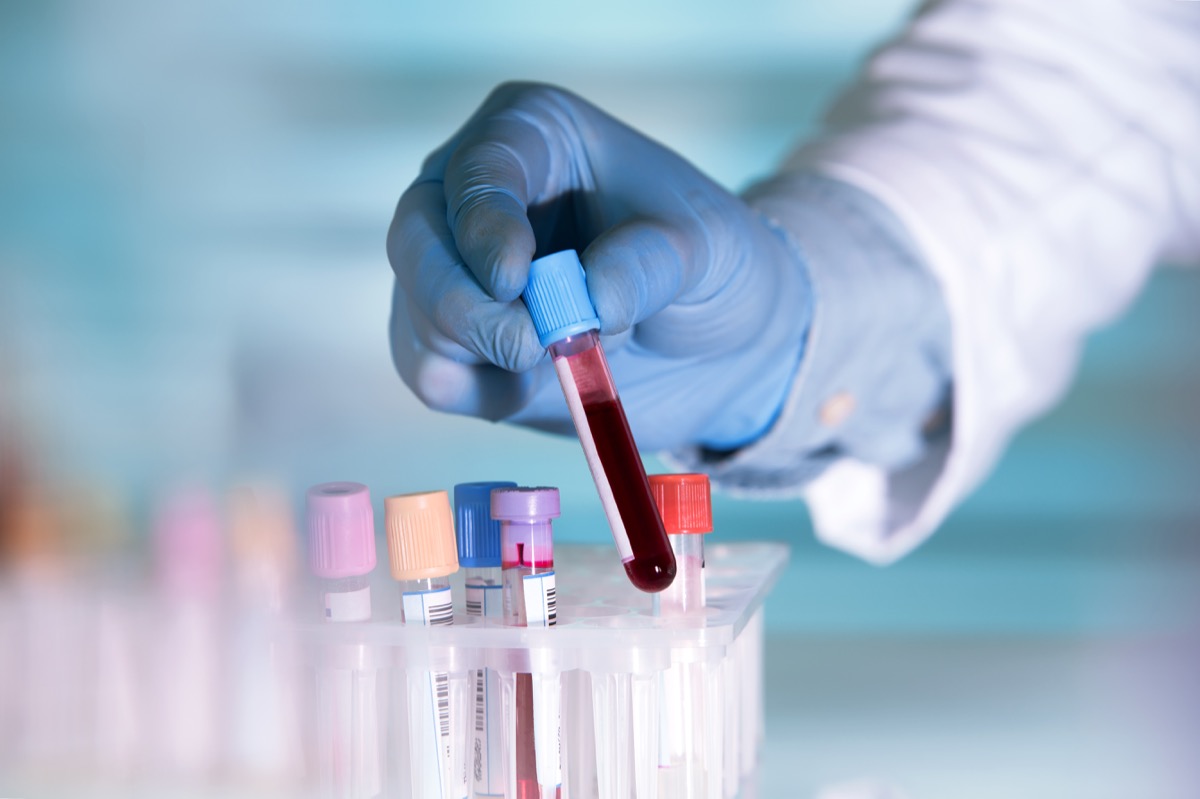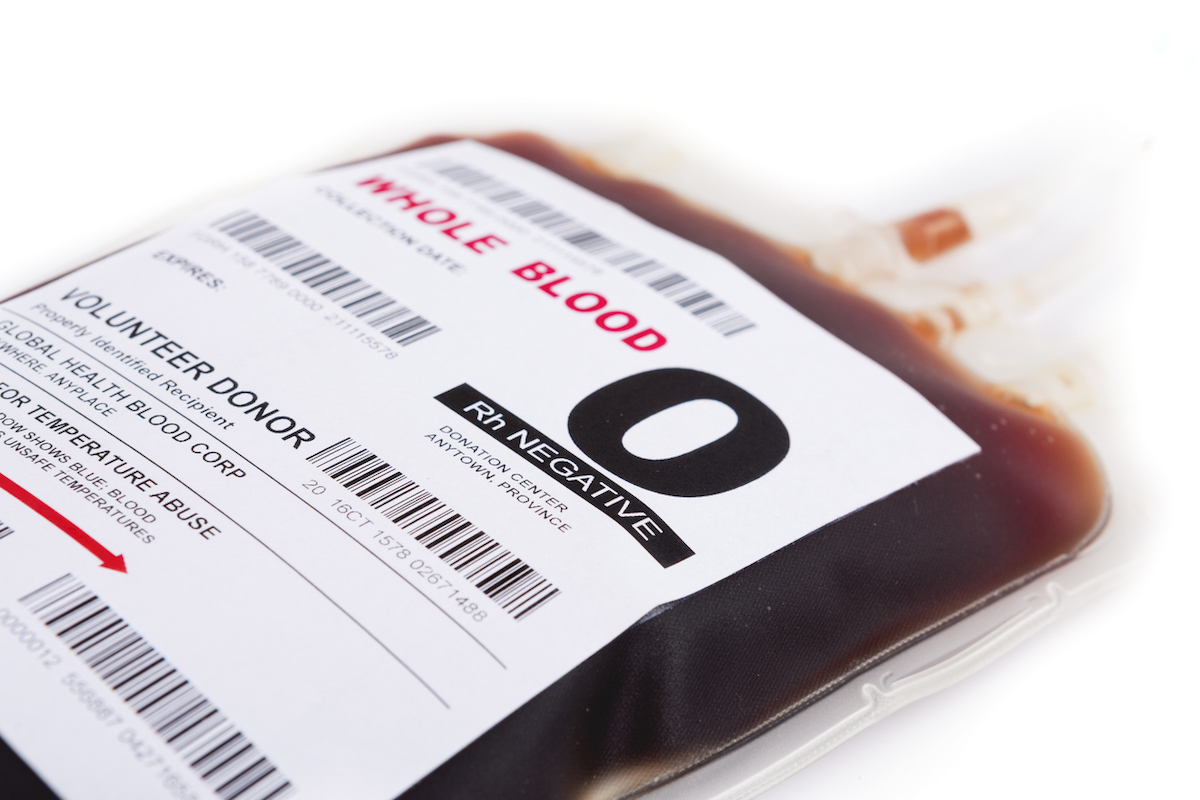In an attempt to clear up confusion created by conflicting studies from around the world, a team of researchers from Intermountain Medical Center Heart Institute in Murray, Utah, analyzed a large patient dataset of over 100,000 people who had been tested for COVID-19 across hospital networks in Nevada, Utah, and Idaho between March and November 2020. After cross-checking the blood types of the 11,500 patients who tested positive for the virus, it was concluded that there was no correlation between having type A, B, AB, or O blood and any kind of protective benefit against the disease. “Given the large and prospective nature of our study and its strongly null results, we believe that important associations of SARS-CoV-2 and COVID-19 with ABO groups are unlikely,” the authors of the study concluded. The group’s research results refute previous studies that suggested blood type played a factor in the risk of developing severe COVID. This includes a Chinese study released during the earlier days of the pandemic in March 2020, in which 206 patients that were infected with the virus were analyzed. At the time, results found that there was 63 percent more fatal cases for those with type A blood were more susceptible than for people with type O blood, which researchers suggested gave some level of protective benefit. The researchers of the study wrote: “People with blood group A might need particularly strengthened personal protection to reduce the chance of infection.” The recent study’s authors write that while they’re not sure how previous studies were able to come to such varied conclusions, it’s likely a few factors caused the confusion. They suggest that genetic differences, publication bias, variants of the virus, and pure chance likely led to the misleading findings, The Daily Mail reports.ae0fcc31ae342fd3a1346ebb1f342fcb “If you go and look at enough things, you will find some random incidental findings that may or may not have any significance,” Aaron Glatt, MD, chairman of the department of medicine and hospital epidemiologist at Mount Sinai South Nassau in Oceanside, New York, who was not involved in the study, said in a statement. “Some people looked at so many different variables and one of them was blood type. They saw that some people did worse with a certain blood type, but the studies were conflicting, which makes sense if it’s random.” And for more on potential genetic red flags, check out If You Have This Blood Type, Your Dementia Risk Is High, Study Says. But while blood type may not have been a factor in the likelihood of developing severe COVID, there was some evidence that other indicators could play a part. Researchers wrote that “among individuals with COVID-19, hospitalization was associated with male sex and age,” adding that “admission to an ICU was also associated with male sex and age.” The group’s findings also showed that those of non-white ethnicity were more likely to test positive for the virus. However, the researchers found no link between race and the likelihood for severe COVID-19 as an outcome of the disease, The Daily Mail reports. And for more things your blood type can tell you, check out If You Have Type A Blood, You’re at Higher Risk for This Kind of Cancer.



